Vladimir Kara-Murza: ’Political change in Russia can be sudden’

How effective are western sanctions against Russia? What role does Switzerland play in the war against Ukraine? We put these questions to President Vladimir Putin’s harshest critics. We launch our series with detained dissident Vladimir Kara-Murza, who wrote his answers in Russian on a piece of paper and gave them to his lawyer during a prison visit.
Switzerland plays an important role as a traditional safe haven for Russian assets and a trading hub for Russian commodities. It must not hide behind its neutrality but should actively help to ensure that the Russian war regime runs out of resources. That is the consensus among all the opinion leaders in the Russian opposition to whom SWI swissinfo.ch spoke.
For this interview series, we contacted the most relevant voices currently speaking up against the Kremlin. Most of them had to leave the country because of their vocal opposition. Putin opponent and former chess champion Garry Kasparov now lives in Croatia and the USA; entrepreneur Leonid Nevzlin fled to Israel; economist Sergei Guriev moved to France; and economist Sergey Aleksashenko lives in Washington. Opposition politician Vladimir Kara-Murza has been in Russian custody since April this year.
Kara-Murza is a Russian opposition politician, journalist, and filmmaker. A protégé of slain opposition leader Boris Nemtsov, he served as vice-chairman of Open Russia, an NGO founded by London-based Russian businessman and former oligarch Mikhail Khodorkovsky. Kara-Murza was imprisoned in Russia in April 2022 after speaking out against the war in Ukraine. He has survived two poisoning attempts in 2015 and 2017 that he blames on the Kremlin.
SWI: Mr Kara-Murza, what can the West do so the war in Ukraine ends with Putin’s defeat?
V.K-M.: There is a lot of talk in the West today about the “collective responsibility” of Russians for Putin’s aggression in Ukraine. But the idea of “collective responsibility” is wrong, especially from the point of view of those of us who are in prison today for publicly speaking out against the war. We shouldn’t forget that in the days following February 24 [when Russia invaded Ukraine], more than 16,400 people were arrested at anti-war rallies [in Russia].
And we should also not forget how Western leaders have turned a blind eye to the violation of human rights and democratic principles in Russia for years. They nourished friendships with Putin. They looked him in the eye and were able to — as [former US president] George W. Bush put it — ”get a feel for his soul”. They invited him for visits and summit meetings, giving his regime international credibility. Western leaders who pursued a policy of appeasement towards Putin bear a large part of the responsibility for what is happening in Ukraine today.
SWI: In your view, how critical was Switzerland’s role in this?
V.K-M.: Putin’s functionaries and oligarchs were allowed to use Western countries – and Switzerland, as a European banking center, was a popular choice – to stash away money stolen from Russian taxpayers. The people in and around the Kremlin have long made a habit of stealing in Russia and spending in the West. The democratic countries that let the latter happen became accomplices.
This became particularly clear with the example of the Sergei Magnitsky law [in the United States], which imposed financial sanctions and travel restrictions on individual members of the Putin regime who were involved in corruption and human rights violations. I have spent a lot of time in recent years campaigning for “Magnitsky Laws” in various countries. We have met with fierce resistance from many Western politicians, senior officials and diplomats.
Magnitsky Human Rights Accountability Act that was enacted in the United States in December 2016. It authorises the US government to impose economic sanctions on and deny entry to individuals or entities identified as committing human rights violations or corruption. The act is based, in part, on a 2012 law focused on Russia, the Sergei Magnitsky Rule of Law Accountability.
Thanks to members of parliament who took a stand, similar legislations has been passed in several countries in Europe and North America. However, when Russia started the war in Ukraine, many European countries did not have such a law in place. Neither did Switzerland, even though Swiss parliamentarian [and former state prosecutor] Dick Marty, was special rapporteur on the Sergei Magnitsky case in the Parliamentary Assembly of the Council of Europe.
SWI: Was an opportunity missed here?
V.K-M.: I am sure that we would not be in this terrible situation today if we had listened to the representatives of the Russian opposition at the time, especially Boris Nemtsov [a Russian opposition politician who was shot and killed while crossing a bridge in Moscow in 2015]. He called for individual sanctions against officials of the Putin regime. If these had been adopted, many things would look different today.
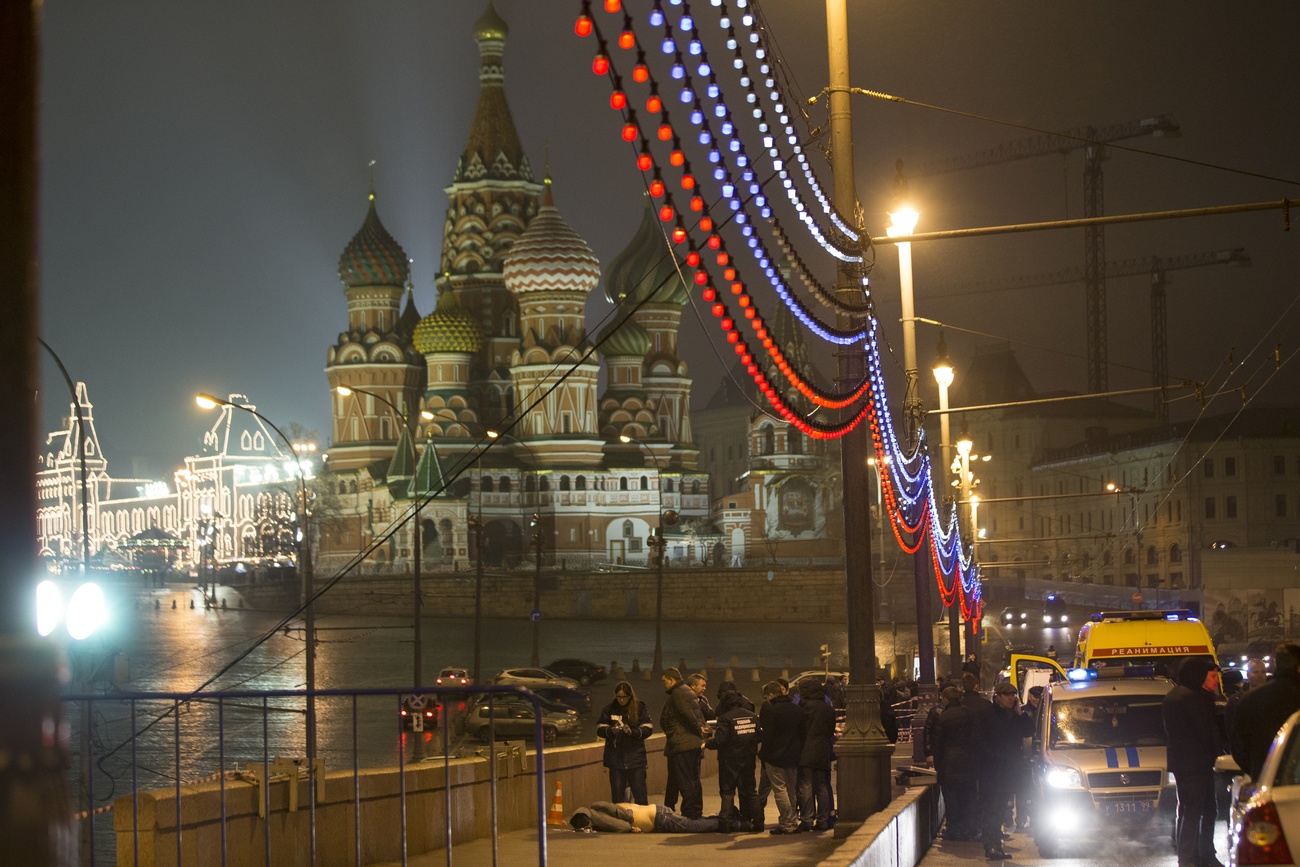
SWI: But how do we get out of this situation today?
V.K-M.: The key thing is Western countries must not allow Putin and his regime to save face. Otherwise, in one or two years we will be talking about another war somewhere else. It must be understood, the only solution to the current crisis is change in Russia – the removal of the Putin regime, a new democratic government that respects the rights of its citizens and conducts international relations in a civilised manner. One thing is certain: only Russian society can bring about such a change.
SWI: How far away is that?
V.K-M.: Changes in Russia often come suddenly and unexpectedly, just like in the 1905 and 1917 [Russian Revolutions] or 1991 [dissolution of the Soviet Union’. We need to think about tomorrow today. Putin’s regime is not eternal and, once it ends, it is important that democracy and a free economy are restored. Russia must be reintegrated into European structures and the international community. I still believe in the ideal of a free, united and peaceful Europe. But that will only be possible if a free, democratic Russia participates in it.
[Swiss delegation chairman] Damien Cottier told the Council of Europe in March: “If Russia is leaving the Council of Europe today because its government is keeping it away, let us be sure that it will return one day, because Europe is its home and its history.”
The interview was conducted in writing with the assistance of Vladimir Kara-Murza’s lawyer. SWI swissinfo.ch received written answers on September 20.
Edited by Balz Rigendinger

In compliance with the JTI standards
More: SWI swissinfo.ch certified by the Journalism Trust Initiative
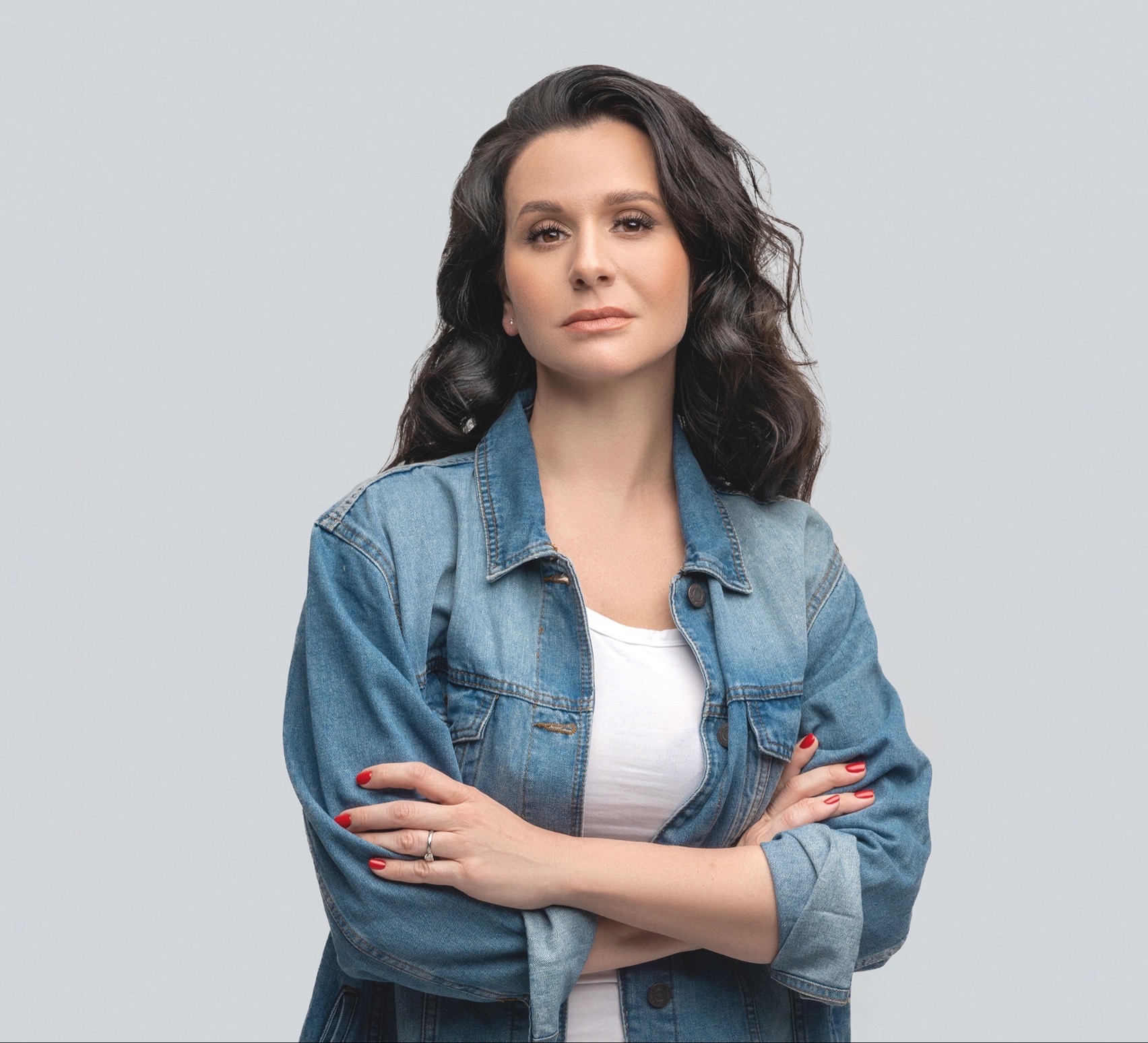









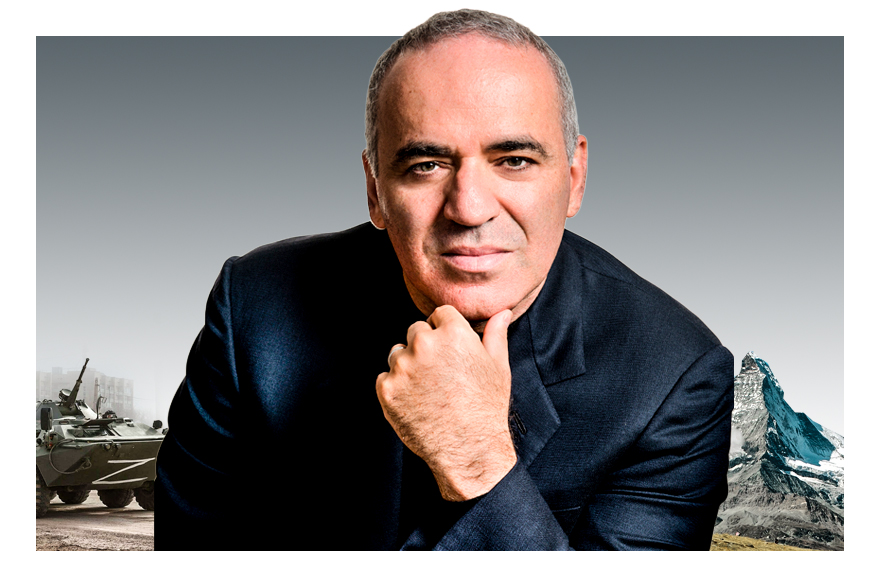
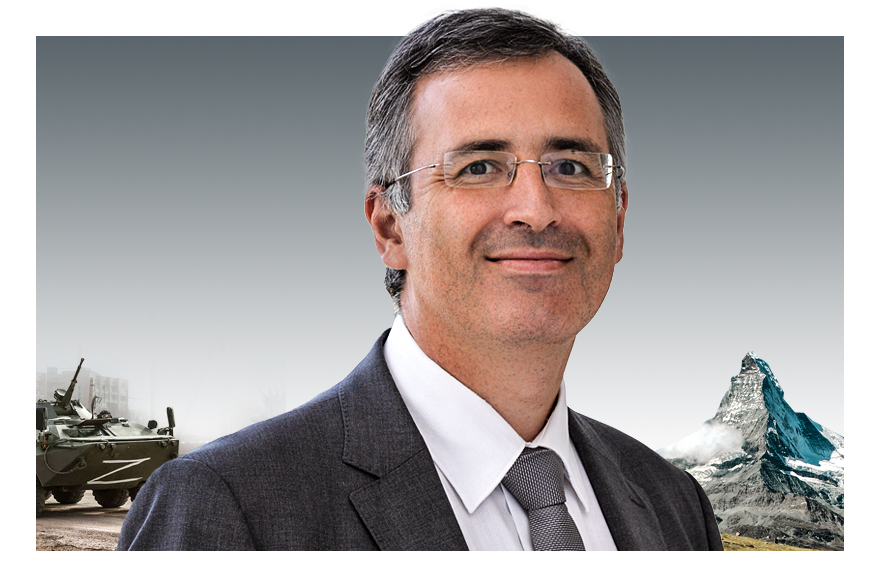
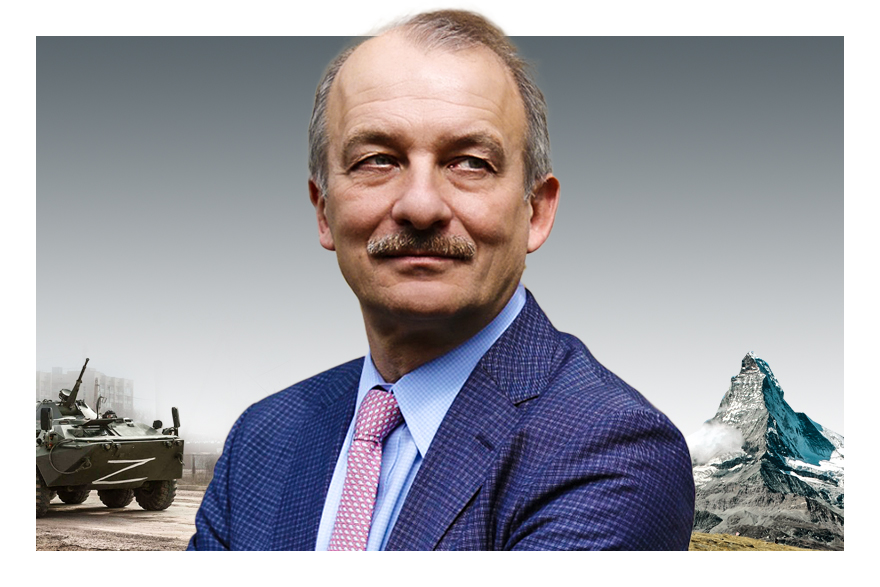
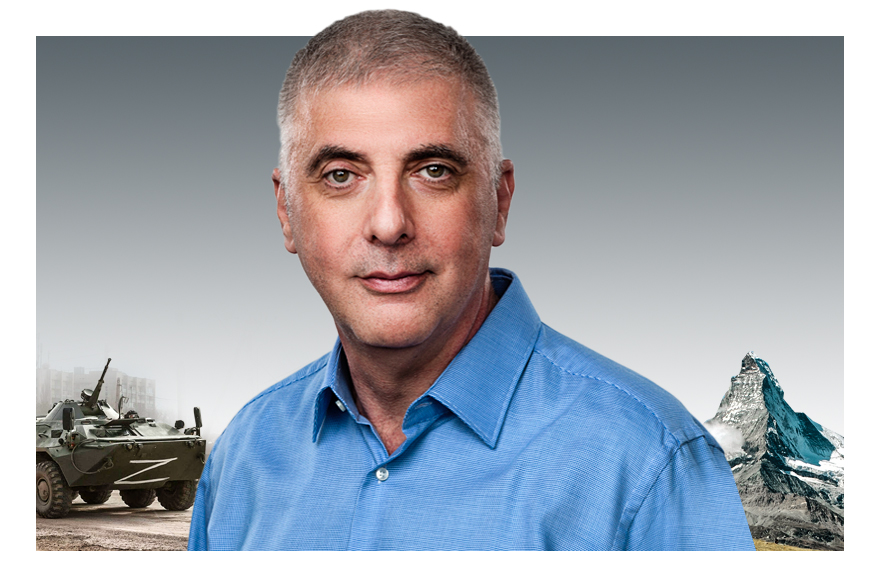
You can find an overview of ongoing debates with our journalists here . Please join us!
If you want to start a conversation about a topic raised in this article or want to report factual errors, email us at english@swissinfo.ch.